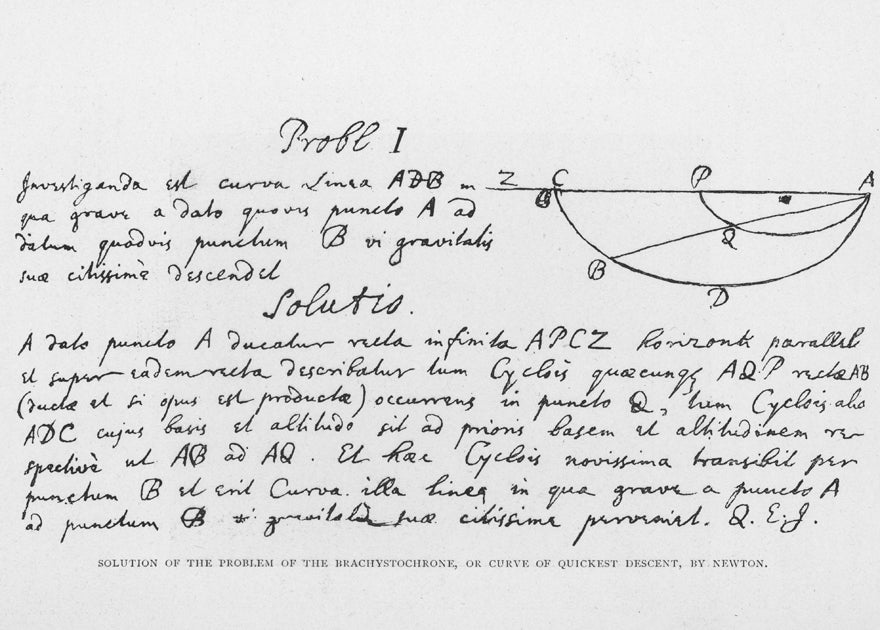
What courses? Physics; astrophysics; chemical physics; computational physics; engineering physics; geophysics; mathematical physics; photonics and lasers; planetary and space physics; physics with satellite technology; pure and applied physics; theoretical physics, plus the option to combine physics with a plethora of related and non-related subjects.
What do you come out with? BSc or an MPhys. Cambridge students study natural sciences, but can specialise as the course progresses.
Why do it? "The image of physics has undoubtedly undergone a major makeover, it’s now cool to study physics. Good news, but the reason to take a physics degree is deeper. You’ll learn how the universe evolves, from the beginning of time to its predicted ultimate fate. This learning curve involves getting to grips with the laws of nature, and the physical properties of all things. On graduation you may chose a path to research or alternatively, to commerce or industry. A physics degree is like having a VIP passport, and many employers view it with something like awe! It demonstrates you can think logically and solve problems – what problems? You decide." - Professor Martin Ward, head of the department of physics, Durham University
What's it about? Life, the universe and everything. You should eventually understand the nature of matter, ranging from sub-atomic particles to the universe. In your first year you can expect to do a number of core courses, covering physics theory, maths and experimental physics, with physics-related courses such as astronomy available as options. You may also study areas such as computational physics which teaches you about computer languages and modelling. As you progress through the course, you will specialise but still cover particular areas, such as nanotechnology, particle physics, cosmology or medical physics. In the third year you might study quantum mechanics and electromagnetism. Most students will be expected to undertake an individual or group research project. Project work will often make up at least half the year’s work for those who opt to extend their course by a year to the MPhys. Joint honours courses are offered with subjects such as astronomy, space science or platonics.
Study options: Three years for a BSc, four for MPhys, or four and five years respectively if studying in Scotland. The longer course is becoming more popular, with an increasing number of students opting to do the master’s. If you think you want to go straight into science teaching, the three-year course is sufficient. Many institutions offer year abroad or research placement opportunities in the USA, and Sheffield gives you the option to do a study abroad in Australasia. Many courses are modular. Often the ratio of coursework to exam is fairly even. At some institutions students can opt for a degree with a year abroad.
What will I need to do it? Maths and physics are essential. Durham asks for A*AA, and it’s AAA-AAB at Bristol and UCL. Southampton also asks for AAB (with As in physics and maths). Expect fierce competition for Oxford or Cambridge.
What are my job prospects? Science teachers are still in demand. If the classroom doesn’t appeal, take heart. Research is an option taken by up to a third of graduates, while another third end up working in the City, patent law, scientific journalism or financial markets. According to The Times’ Good University Guide 2012, over 50 per cent of graduates go on to further study, while 24 per cent go straight into graduate-level jobs, earning a healthy average salary of £22,946.
Where’s best to do it? Cambridge came top of the Complete University Guide 2012, followed by Oxford, St Andrews and Durham. Students were most satisfied at Birmingham however, followed by Kent, Lancaster and Royal Holloway.
Related degrees: Engineering; chemistry; mathematics.
Subscribe to Independent Premium to bookmark this article
Want to bookmark your favourite articles and stories to read or reference later? Start your Independent Premium subscription today.

Join our commenting forum
Join thought-provoking conversations, follow other Independent readers and see their replies